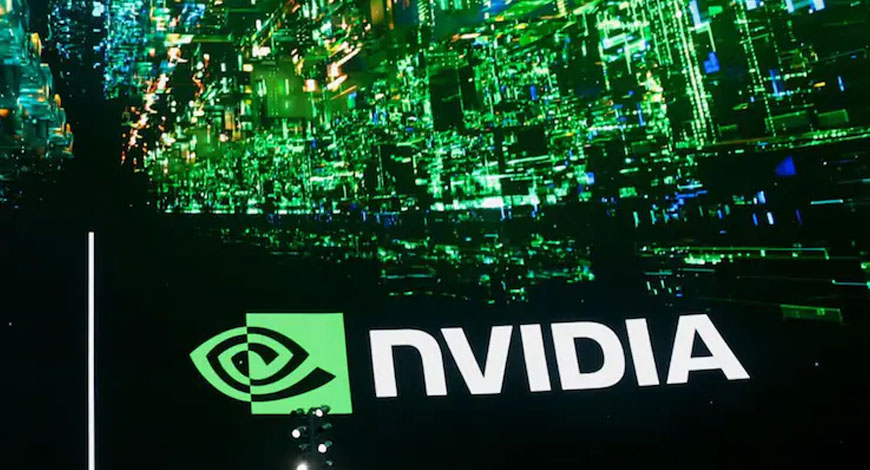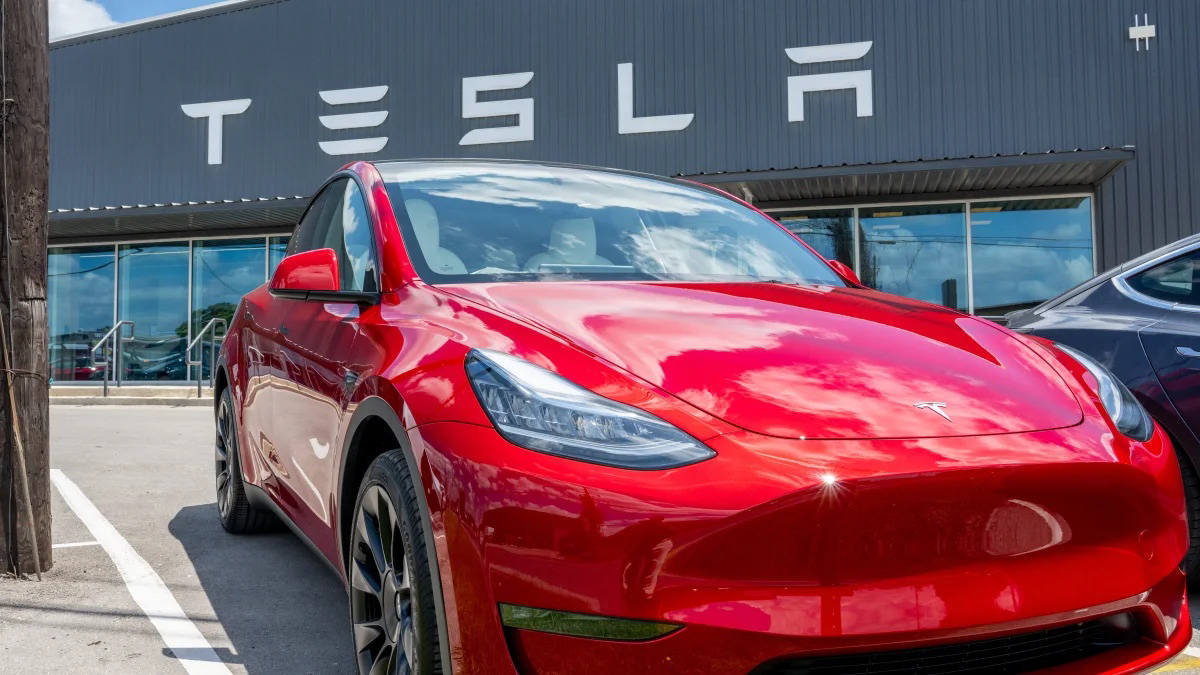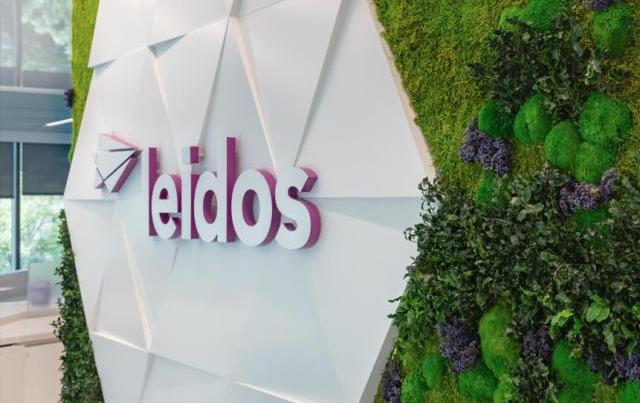Samsung’s fourth-generation high bandwidth memory (HBM3) chips have been certified by Nvidia for use in its CPUs, according to three sources
However, it is a somewhat subdued approval. According to the sources, Samsung’s HBM3 processors will be used exclusively in the H20, a less sophisticated Nvidia graphics processing unit (GPU) developed for the Chinese market by U.S. export controls.
According to them, it was not immediately apparent whether Nvidia would incorporate Samsung’s HBM3 chips into its other AI processors or whether the chips would require additional testing before implementation.
The individuals declined to be identified as they were not authorized to speak to the media. Still, they also stated that Samsung still needs to meet Nvidia’s specifications for fifth-generation HBM3E chips and that testing of those chips is ongoing.
HBM is a dynamic random access memory (DRAM) standard initially introduced in 2013. It is characterized by the vertical stacking of processors to optimize power consumption and conserve space. It is a critical element of GPUs for artificial intelligence, as it facilitates processing substantial quantities of data generated by intricate applications.
Nvidia has approved Samsung’s HBM3 chips in response to the increasing demand for advanced GPUs that has resulted from the generative AI growth. Nvidia and other AI chipset manufacturers experienced help in demand.
Nvidia is eager to see Samsung establish its standards to diversify its supplier base, as there are only three primary manufacturers of HBM: SK Hynix, Micron, and Samsung. Additionally, HBM3 is in limited supply.
Two sources also indicated that Nvidia’s requirement for increased access to HBM3 is expected to rise as SK Hynix, the industry’s leading manufacturer, intends to increase its HBM3E production and decrease its HBM3 production.
Reuters reported in May that Samsung, the world’s largest manufacturer of memory chips, has been attempting to pass Nvidia’s tests for HBM3 and HBM3E since last year. However, the company has encountered difficulties due to heat and power utilization issues. These sources were cited.
Following the publication of the Reuters article in May, Samsung denied that it had failed Nvidia’s tests due to power consumption and heat issues.
According to two sources, Samsung could commence the provision of HBM3 for Nvidia’s H20 processor as early as August.
The H20 is the most advanced of three GPUs that Nvidia has customized for the Chinese market in response to the U.S.’s tightening of export restrictions in 2023. The purpose of these restrictions was to impede the advancement of supercomputing and AI, which could be advantageous to the Chinese military.
Compared to the H100, which is sold in non-China markets, the H20’s computing capacity has been substantially restricted by U.S. sanctions.
Reuters reported in May that the H20 initially experienced a shaky start when deliveries commenced this year, as the U.S. company priced it below a rival chip from Chinese tech behemoth Huawei (HWT.UL).
Separate sources have reported that sales are currently expanding at a rapid pace.
SK Hynix has been the primary supplier of HBM processors to Nvidia since June 2022, in contrast to Samsung. It also commenced the supply of HBM3E to a customer in late March, although it declined to disclose the customer’s identity. According to sources, the shipments were delivered to Nvidia.
Additionally, Micron has declared that it will furnish Nvidia with HBM3E.



